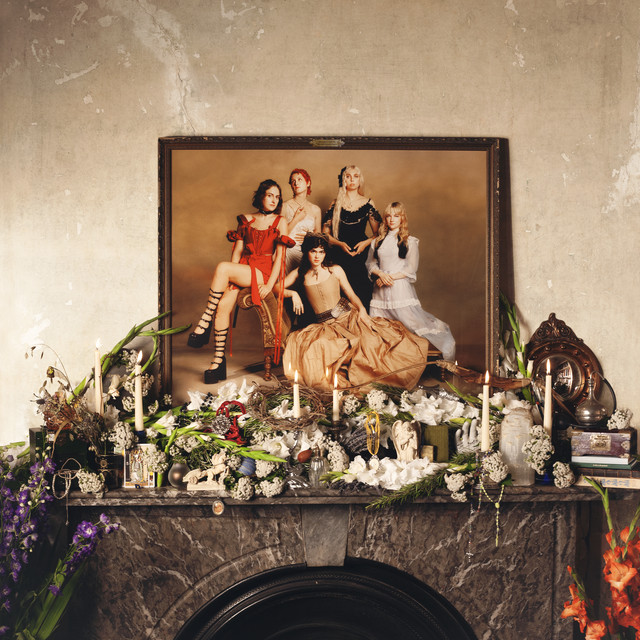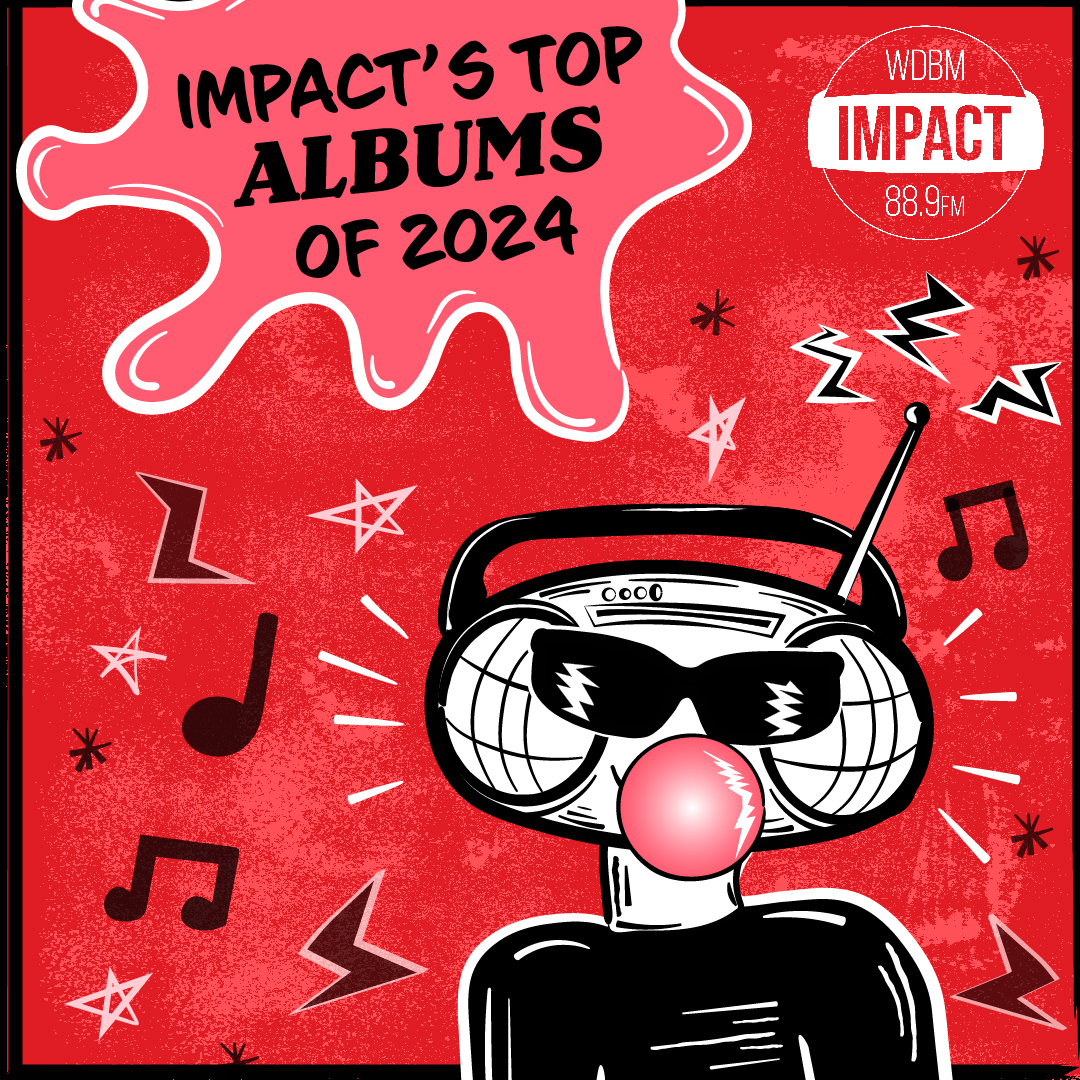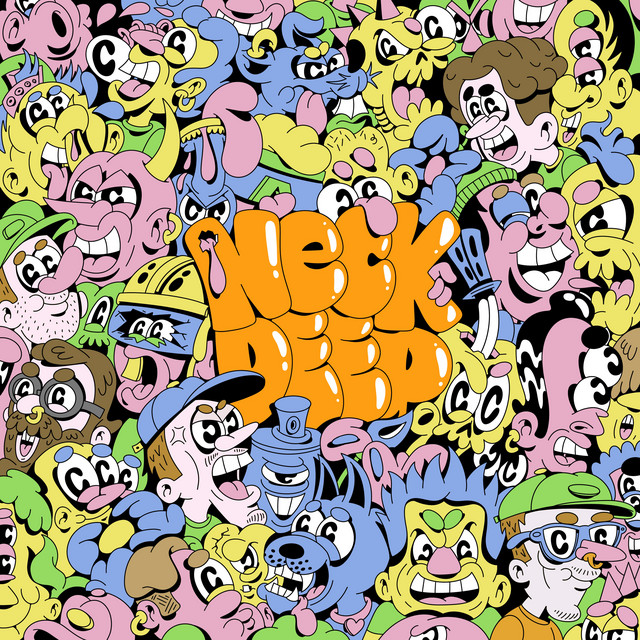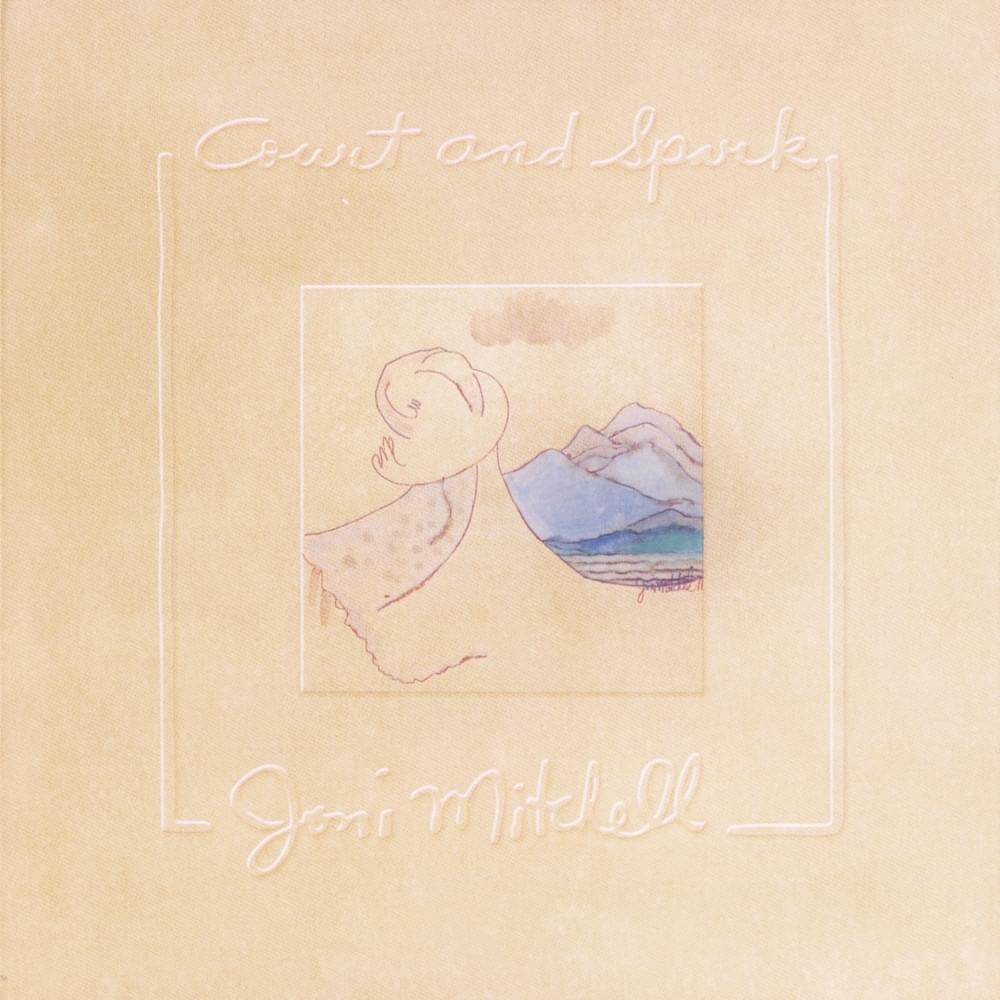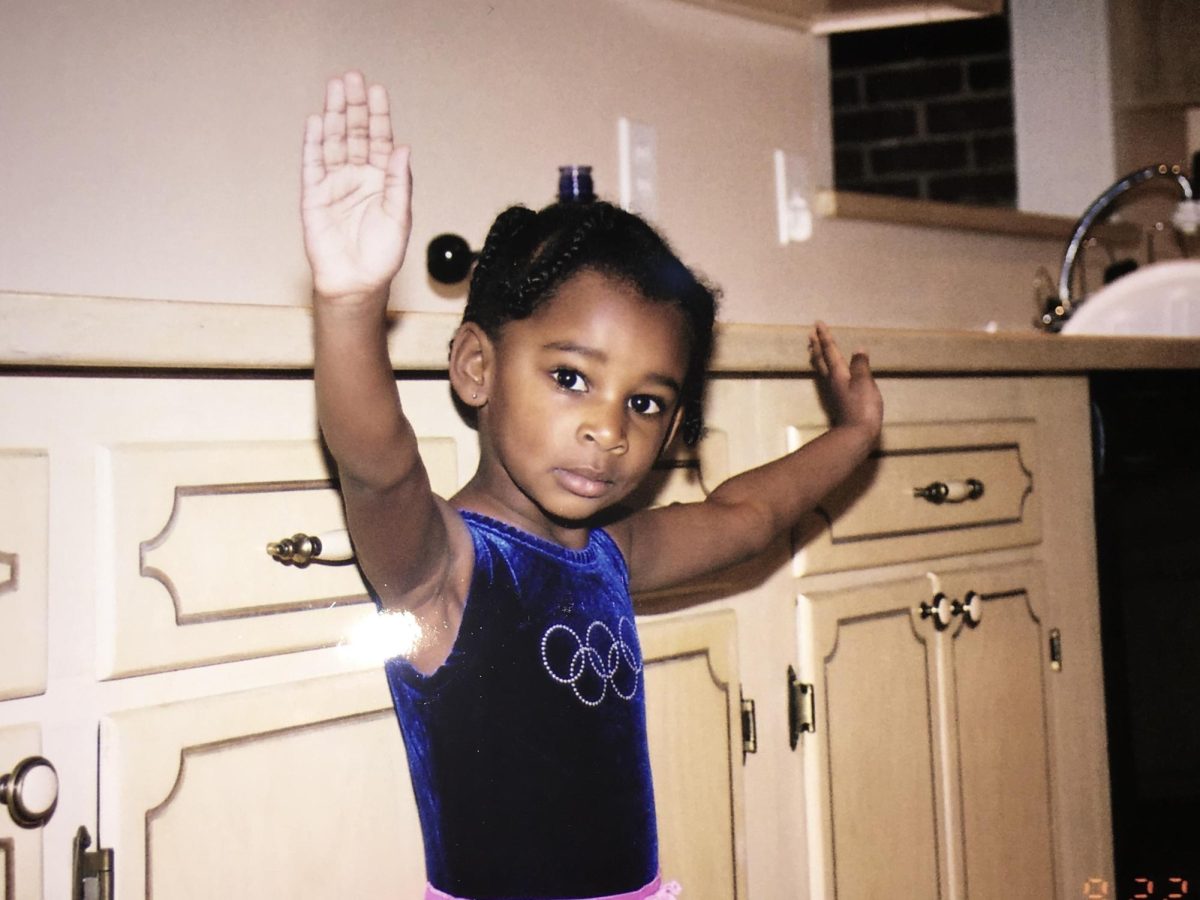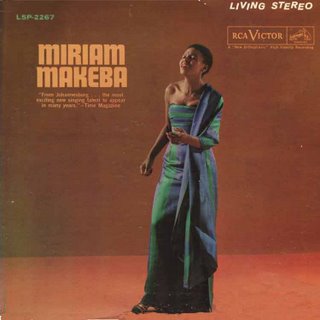After British indie rock band The Last Dinner Party released their debut single, “Nothing Matters,” just a year ago, we were expecting a buffet of an album, but we weren’t truly ready for what they had at the dinner table for us. Prelude to Ecstasy received an immense amount of publicity and hit many milestones, rightfully so. The title Prelude to Ecstasy” couldn’t be more accurate as it sounds like pure fantasy.
The Last Dinner Part consists of members Abigail Morris, Lizzie Mayland, Emily Roberts, Georgia Davies and Aurora Nishevci. Though this queer girl group only recently gained momentum in the music industry, they have been performing at pubs and small venues in their hometown, London, since they formed in 2021. They also gained popularity over the past year through opening for big names such as Hozier and Florence and the Machine. Just recently in 2024, they announced their world tour, cordially inviting all of us to their shows.
Something quite admirable about this rising group is their nuanced approach that introduced new life in the indie-rock pop scene. Though they have been compared to artists Kate Bush, MARINA and Siouxsie and the Banshees, their style is unique. This album consists of tranquil waltzes, ravenous appetites and raw instinct. Prelude to Ecstasy explores themes of desire, heartbreak and gender envy through the 12 songs featured. The album begins with a brief instrumental that portrays an almost medieval tone, preparing listeners for the fusion of classical music and more modernized elements. The album is consistent in historical references and imagery, using antiquated descriptions. With each song, the music seems to carry the listener through a theatrical rollercoaster of emotions while displaying a resentment to privilege.
Ensuing the instrumentals, the album hits it off with “Burn Alive,” a very suiting name for a doomy, gothic song, foreshadowing the dramatic tone throughout the rest of the album. The lyrics suggest the issue of belittling a woman’s suffering, feeding the fuel of gender envy. It tells a tale of the eagerness to give more than we have, to feel more than we can and to live every moment to the fullest, even the painful ones.
“I am not the girl I set out to be /
Let me make my grief a commodity /
Do what I can to survive.”
Following “Burn Alive” is a personal favorite of ours, “Caesar on a TV Screen.” This song acts as a lovely transition, starting off with that gloomy feel and heavy vibrato but quickly opening the rest of the curtain’s drapes to reveal the groovy and upbeat pop scene that is present throughout this album. As the song progresses, it taps back into that first feeling but with a baroque-pop twist, combining elements of rock, opera and classical music. The first part of the song discusses gender envy but in a satirical way by mocking the male facade.
“When I put on that suit /
I don’t have to stay mute /
I can talk all the time /
Cause my shoulders are wide.”
The lyrics reveal the desire of being liked dramatically and the thirst for power but, again, in a satirical way. In the Shakespeare play that inspired the song, Caesar was assassinated by his peers before he was able to become a tyrant. “Caesar on a TV screen” is a modernized portrayal of how one wishes to be the Caesar of their own story.
“I am Caesar on a TV screen, champion of my fate /
No one can tell me to stop, I’ll have everything I want /
Anyone and everyone will like me then.”
The album’s third track “The Feminine Urge” is a tragic and complex tapestry woven together with the threads of female experience. The Last Dinner Party exceeds at connecting this element to generational sexism, specifically when it comes to the relationship between mothers and daughters. As a woman, one is faced with the decision of bringing another into this world and the consequences of that decision. Is it worth the guilt of seeing your daughter take on the burden of simply being a woman, especially when you know the feeling like the back of your hand?
“I could never give the curse to her /
I, I could never live with the guilt of lying /
That people are kind.”
“On Your Side,” the fifth song on this album, is heart-wrenching. This emotional but toxic ballad of a song features a mix of harmonies and piano, further diversifying the album’s style. The lyrics display a complex relationship with never-ending loyalty, misunderstandings, vulnerability and the desire for a connection.
“When it’s 4AM and your heart is breaking /
I will hold your hands to stop them from shaking /
If it takes all night, I will be on your side.”
This band brings individuality to the table by incorporating unique instruments into their pieces. “Beautiful Boy” begins with a breathtaking flute solo that further adds to the distinct classical aura of the album. Distinct within the album, “Beautiful Boy” takes on a slower pace, creating a gothic ballad that accurately depicts subtle feelings of envy. The song implies the covetousness a woman can feel towards a beautiful man who seems to flow through life without lifting a finger, while she feels confined by her femininity. Essentially, the lyrics imply that all a man has to be is beautiful in order to get what he wants, the world already in his palms. As a woman, an appealing appearance can only get you so far, whereas it seems to carry a man, allowing him to soar over certain obstacles of life. It is only natural to wish to be a “beautiful boy.”
“Gjuha” takes an entirely different approach than the rest of the songs. Not only is it sung entirely in Albanian, but it also fuses together humming, orchestral elements and breathtaking yet dissonant harmonies, creating a grandiose sound. Listening to this song quite literally feels like a prelude to ecstasy. Keyboardist of the girl group, Aurora Nishevci, has an Albanian speaking family from Kosovo, but because she was raised in London, she never fully learned the language and feels shame and guilt for “not knowing her mother’s tongue.” This track is heartbreaking, but it’s executed wonderfully.
The album’s 8th track, “Sinner,” is characterized by an upbeat rhythm integrated with spunky guitar melodies and echoing vocals. Sprinkling in themes of avant-garde and carnal desire, this song highlights the shame of experiencing sexual desire towards another. The speaker wishes they could turn back time to be with a person before they felt corrupted by their attraction. The lyrics are also composed of multiple religious motifs, adding a biblical twist to the story by using phrases such as “altar of lust,” “pray for me” and, of course, the word “sin” itself. These clever analogies paired with the speaker’s shame parallels the values upheld by many aspects of Christianity. The erotic and carnal love the speaker experiences is portrayed as staining their purity and tainting their innocence.
Following the hit-track “Sinner,” “My Lady of Mercy” continues the theme of avant-garde, transitioning from delicate guitar strums and hand clapping to an intense and powerful scene. The dissonant harmonies and gothic choir sounds fuel a dark, heavy atmosphere. Considering that the majority of the women in this group identify as queer, this song was quite suitable for the album, as the lyrics discuss the desire and appeal they find in Joan of Arc, who plays “the lady of mercy.”
“My lady of mercy /
Strike me, pierce me straight through the heart.”
“Portrait of a Dead Girl” reminds us of the destructive turn love can take when the one you would be destroyed for is the one with the sharpest teeth. The lyrics paint their own portrait in which the speaker could be torn apart at any second by their lover but couldn’t imagine perishing by any other hand. She wishes she had the courage to remove the rose-colored glasses that she is all too aware of. The song ends with 80 seconds of a fan favorite — repetition of lyrics — where the speaker is begging for strength to unclip her wings.
“Let my last words be our last dance /
I’d die for you, no questions asked /
If anyone could kill me /
I’d probably be you.”
Next on the album, the debut single, “Nothing Matters,” couldn’t have been executed any better. Ranking 8th on Billboard’s Adult Alternative Airplay chart debut, this catchy song gained an immense amount of popularity, and rightfully so. The subtle instrumentation, dramatic lyrics, groovy upbeats and astonishing guitar solo provides a cinematic and scenic experience for all listeners. In the accompanying music video, the girls are seen frolicing through a field in achromatic renaissance-esque attire, depicting that cinematic feel this song creates. The lyrics portray a painful and toxic relationship that is entirely driven by carnal desire and emotionally detached. However, it is clear that the singer craves a genuine connection but, unfortunately, this yearning isn’t reciprocated.
“I dig my fingers in, expecting more than just the skin / […]
I put my heart inside your palms /
My home in your arms. / […]
She’s there when I wake up at the end of my bed /
With a smile on her face and a gun to my head.”
The finale of Prelude to Ecstasy, “Mirror,” is not your typical happy ending. The tract is composed of eerie melodies and siren-vocals that make you feel like you’re waltzing with a ghost or wandering through Dracula’s mansion. Through the alluring vocals and haunting mix of instruments, existential dread creeps alongside the wavering crescendos. It reminds the reflection that it is nonexistent without the one on the other side of the glass. Like how the album started, it ends with an instrumental that personifies the phrase “and, scene.”
“I’m just a mirror /
I don’t exist without your gaze.”
Since the release of Prelude to Ecstacy, The Last Dinner Party has finally received the spotlight they deserve. If you haven’t given this album a listen yet, we assure you, it’ll surpass your expectations. It’s an all you can eat buffet with its menu consisting of mystical instrumentals, gothic ballads, historical references, baroque-pop elements, rock opera and so much more. The Last Dinner Party is cordially inviting you to their table.



